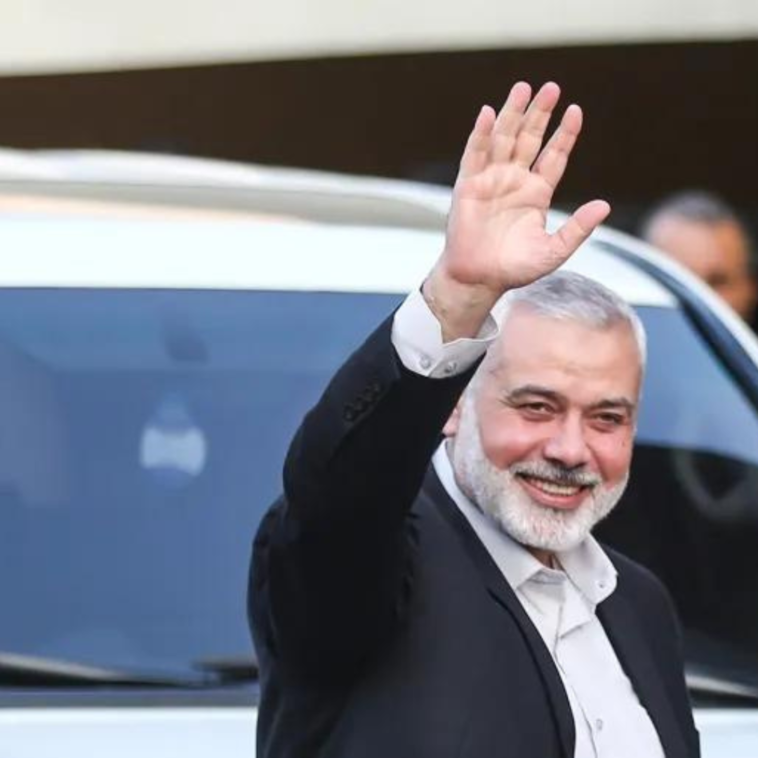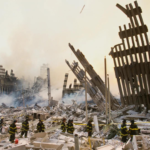Thousands have turned out for the funeral procession in Iran of the Hamas political chief, Ismail Haniyeh, who was killed in a strike in Tehran on Wednesday. The assassination has heightened tensions in the region, with Iran vowing retaliation against Israel.
Massive Turnout for Haniyeh’s Funeral
In a significant display of mourning and solidarity, thousands of Iranians gathered in Tehran for the funeral of Ismail Haniyeh. Iran’s Supreme Leader, Ayatollah Ali Khamenei, led the prayers before Haniyeh’s body was transported for burial in Qatar.
The streets of Tehran were filled with mourners carrying banners and chanting slogans, reflecting the deep ties between Iran and Hamas.
Iran’s Response and Regional Tensions
Following the assassination, Iranian officials announced that Ayatollah Khamenei had ordered a direct attack against Israel, which Iran holds responsible for the strike on Haniyeh. Although Israel has not officially commented on the assassination, Prime Minister Benjamin Netanyahu stated that Israel had delivered “crushing blows” to its enemies in recent days, hinting at further military actions.
In a televised address, Netanyahu warned Israelis of “challenging days ahead,” acknowledging the growing threats from all sides. The Israeli Prime Minister emphasized the country’s readiness for any scenario, urging unity and determination among the population.
International Reactions
UN Secretary-General Antonio Guterres expressed grave concerns over the escalating violence, warning against a “dangerous escalation” of hostilities in the region. The assassination of Haniyeh, who was seen as a key figure in negotiations over a ceasefire in Gaza, has significantly impacted the prospects for peace.
Hamas’s armed wing declared that Haniyeh’s death would “take the battle to new dimensions” and have major repercussions. The group, which had attacked Israel on October 7, resulting in around 1,200 Israeli deaths, has vowed to intensify its efforts against Israel.
The situation is further complicated by the killing of senior Hezbollah leader Fuad Shukr in Beirut, hours before the Tehran strike. Israel accused Shukr of orchestrating a rocket attack that killed 12 people in the Israeli-occupied Golan Heights. Hezbollah has denied involvement, but confirmed Shukr’s death, along with four others, including two children.
A Key Figure in Hamas
Ismail Haniyeh was a pivotal figure in Hamas, playing a significant role in both military operations and political negotiations. His presence in Tehran was tied to the inauguration of Iran’s new president, Masoud Pezeshkian.
Haniyeh’s assassination occurred in the same building where he had stayed during previous visits to Iran, highlighting the targeted nature of the strike.
The Broader Implications
The deaths of Haniyeh and Shukr have stirred fears of a broader conflict in the Middle East. Iran’s vow of “harsh punishment” and Israel’s preparations for various scenarios suggest a potentially volatile period ahead.
The assassination of Hamas leader Ismail Haniyeh in Tehran marks a significant escalation in Middle Eastern tensions. As Iran and Israel brace for further confrontations, the international community watches closely, urging restraint to prevent a wider conflict.
For ongoing updates and in-depth analysis of the situation, stay tuned to major news outlets and follow reliable sources on social media.





GIPHY App Key not set. Please check settings